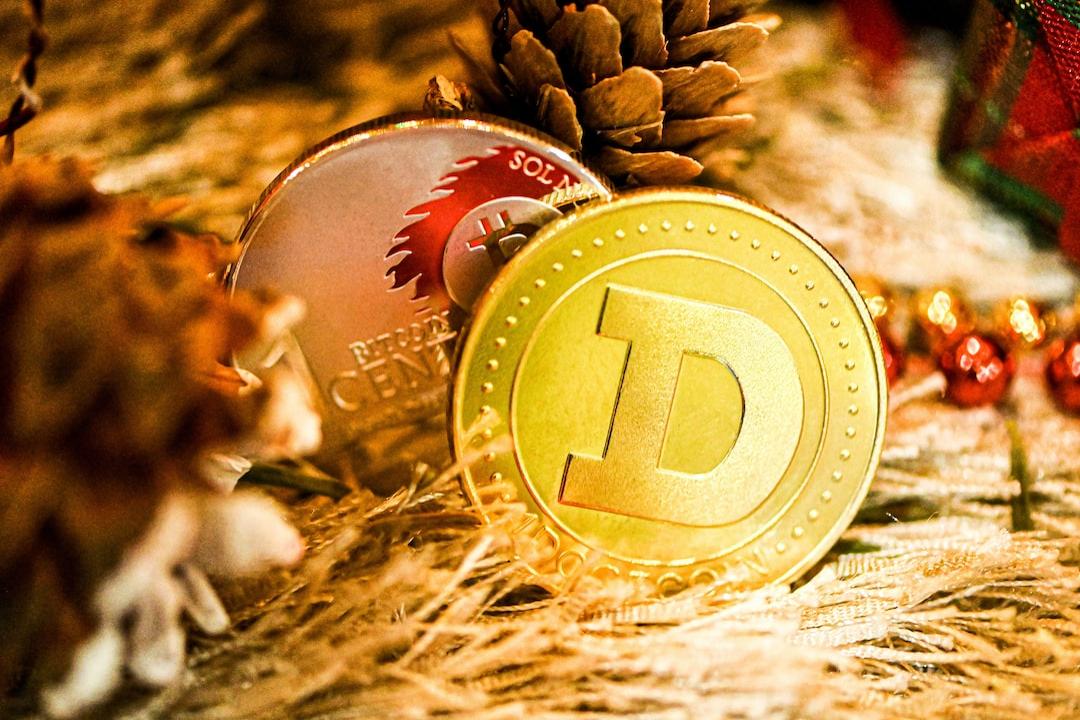Salvadoran President Nayib Bukele has highlighted the unrealized gains from El Salvador’s Bitcoin investments on social media, following the cryptocurrency’s surpassing of $100,000 for the first time.
On December 5, Bitcoin (BTC) reached $100,000, leading to celebrations within the crypto community. Autism Capital, a crypto-focused account on X, asked Bukele to share El Salvador’s Bitcoin portfolio in order to “dunk on the haters.” Bukele responded by posting the country’s BTC holdings on X.

Bukele’s latest update reveals that the country has spent nearly $270 million on Bitcoin since its initial adoption of the cryptocurrency. The portfolio shows that no Bitcoin has been sold, and the unrealized gains now exceed $333 million.
El Salvador’s Bitcoin journey began when it became the first country to adopt Bitcoin as a legal tender. On September 7, 2021, the Bitcoin Law came into effect, officially recognizing BTC as a currency for financial exchanges within El Salvador. On September 6, the government also made its first purchase of 200 BTC.
Since then, El Salvador has continued to acquire Bitcoin. On November 17, 2022, Bukele announced a dollar-cost averaging (DCA) strategy, committing to buying one Bitcoin daily.
Nayib Tracker, a platform dedicated to tracking the country’s Bitcoin investments, reports that El Salvador currently holds 6,180 BTC. The tracker estimates the average purchase price at $44,739.88 per Bitcoin, indicating that the country has seen a 122% increase based on current market prices.
In addition to BTC profits, El Salvador has also reported other benefits since adopting Bitcoin, including a boost in tourism.
Despite the reported success, the International Monetary Fund (IMF) has consistently urged El Salvador to reconsider its Bitcoin policies. On January 25, 2022, the IMF requested that El Salvador cease recognizing BTC as legal tender, citing risks to financial stability while acknowledging the potential for increased financial inclusion.
On October 3, the IMF renewed its call for El Salvador to scale back its Bitcoin policies. Julie Kozack, the IMF’s communications director, recommended narrowing the scope of the country’s Bitcoin Law and limiting the public sector’s exposure to Bitcoin.


